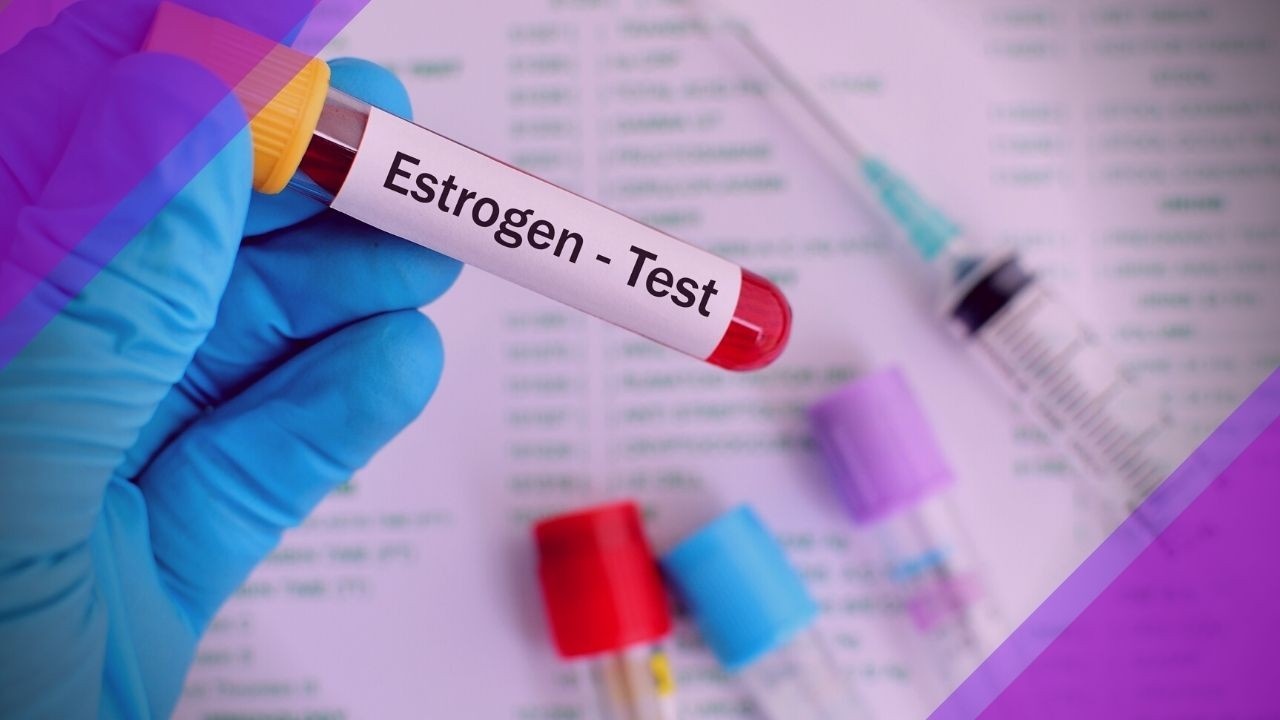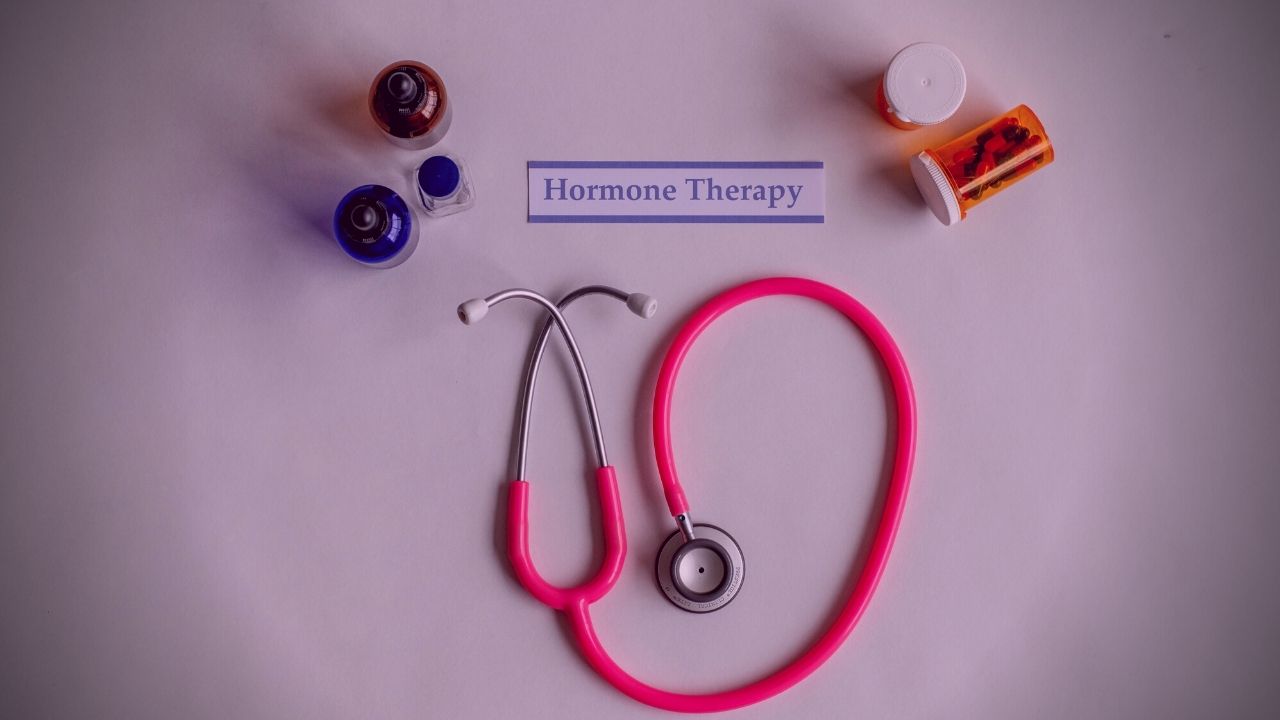
This is Your Brain on Estrogen
Mar 16, 2022New research adds more evidence that estrogen protects against dementia, but MHT questions remain.
By Selene Yeager
“Greater lifetime estrogen exposure is generally associated with lower risk of dementia. The longer you have estrogen in your body, the stronger your brain is.”
That’s a quote from a recent post on Dr. Lisa Mosconi’s Instagram, referring to her latest research: Endogenous and Exogenous Estrogen Exposures: How Women’s Reproductive Health Can Drive Brain Aging and Inform Alzheimer’s Prevention, where her team reviewed the existing literature to evaluate the associations between female-specific reproductive health factors and Alzheimer’s risk in women, with a focus on determining whether estrogen exposure increases or reduces the risk of brain aging and Alzheimer’s.
Specifically, Mosconi, who is the author of The XX Brain and the director of the Women’s Brain Initiative at Weill Cornell Medicine in New York, and her research team looked at factors that influence lifetime estrogen exposure, including reproductive lifespan, menopause status, type of menopause (spontaneous vs. induced), number of pregnancies, and exposure to hormonal therapy, including hormonal contraceptives, hormonal therapy for menopause, and anti-estrogen treatment.
As mentioned in her IG quote, the biggest takeaway was the longer your brain is exposed to estrogen, the stronger it is and the lower your risk of dementia may be.
Women with a reproductive span of more than 39 years had a lower risk of dementia than those who had a reproductive span shorter than 39 years. Surgical menopause and earlier age at menopause increased risk.
Cancer therapy, including chemotherapy, and tamoxifen and steroidal aromatase inhibitors (exemestane) did not appear to increase risk.
Since being a female is the second biggest risk factor for Alzheimer’s disease after aging itself and given the fact that postmenopausal women account for 60 percent of those affected with Alzheimer’s these are important findings.
Estrogen plays many roles in the brain, including increasing blood flow, helping with energy metabolism, and improving brain connectivity (so different parts of your brain communicate with each other). It may also help prevent the buildup of plaques in the brain that are linked to Alzheimer’s disease.
Mosconi’s previous research includes the cutting edge brain scan study last year that showed that there is a dip in gray and white matter volume and glucose metabolism in the brain during the menopause transition (a.k.a. perimenopause), which may explain the brain fog many women experience.
That study found that as the brain weans off estrogen in postmenopause, it returns to structure and function levels similar to pre-menopause, for most, but not all women.
Mosconi’s latest study builds on these findings. But the larger question remains: What can we do about it? There’s not a lot we can do to press pause on menopause (though some research suggests a healthy diet can help). The only tangible thing most women can do to measurably increase their estrogen exposure is take menopausal hormone therapy (MHT). But the research on MHT and brain health/dementia risk is mixed and the age when hormone therapy is started and the type used are important factors that need clarity.
As Mosconi wrote in that same IG post: “Recent data suggests that HRT initiated near the onset of menopause, or perhaps in perimenopause, and in presence of brain symptoms, may have positive effects on brain aging. But *this needs to be confirmed.*”

During the This is Your Brain on Menopause episode of Hit Play Not Pause with neuroscientist Dr. Sarah McKay, author of The Women’s Brain Book, she recommended that if you want to take hormone therapy, it’s best to start taking it when you’re symptomatic and to not start taking it years after menopause. When used during that window, it won’t harm your brain health and may help, but, as this study indicates, there isn’t yet scientific consensus that it will in fact prevent dementia or unhealthy brain aging.
McKay concluded that what your brain really needs most is a healthy life: That what really makes a difference is to exercise, eat real food (mostly plants), use your mind, reduce stress, move your body throughout the day, and find connection and meaning and purpose. That’s undeniably sound advice we can all get behind as we keep an eye on further research about the rest.
Get Feisty 40+ in Your Inbox
We hate SPAM. We will never sell your information, for any reason or send you emails that suck!


